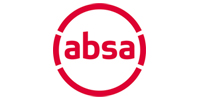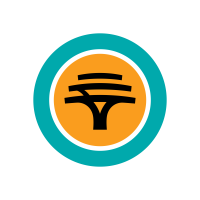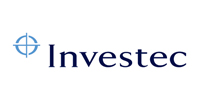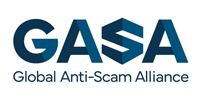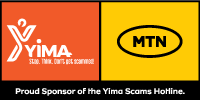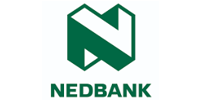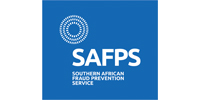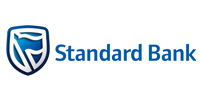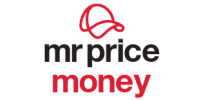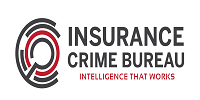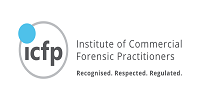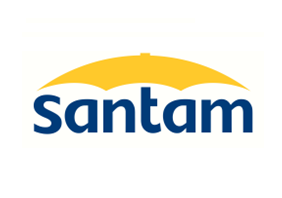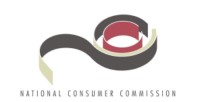International Fraud Awareness Week: Tips to prevent your social media account from being hacked
We spend a large portion of our time on social media. It allows us to connect with our friends and family, make new connections, and we use it for business purposes to build our brands. When these accounts are compromised, the consequences can be catastrophic. We have some tips for you.
Fraudsters look for loopholes and weaknesses that will give them access to your social media platforms. They will then use your accounts to share fraudulent offers or links with your audience attempting to entrap them into further scams. They could also impersonate you and try to get personal information from specific individuals.
But it's not all doom and gloom, there are things YOU can do to prevent this from happening.
Remember to:
- Create strong passwords and update them periodically.
- Use different passwords for different accounts and platforms and NEVER use your online banking password on any other platform or account.
- Don't share your login details with anyone.
- Activate multi-factor authentication.
- When logging in on various devices, make sure you log out after each use.
- Enable automatic software updates and regularly run security checks on all devices to guard against malware.
Meta shares some great tips and useful links to keep your social media accounts secure and your privacy protected.
Every day, people around the world share content on social media that inspires new and incredible ideas, opportunities, friendships and collaborations. We engaged with Meta to find out how to stay safe online while using social media platforms.
They encourage you to remember to these tips to keep yourself safe when using their platforms:
Vigilance
Be thoughtful about what you share online. Consider your audience, as content shared with friends can spread and reach the public. Meta provides tools to control visibility and has policies against hateful, violent, or explicit content.
Before you share, ask yourself:
- Could somebody use this to hurt me?
- Would I be upset if someone shared this with others?
- What's the worst thing that could happen if I shared this?
- Am I infringing upon someone else's privacy or rights?
Friending and following
Meta technologies are a place to connect with the people and causes you care about.
Before following or accepting someone as a friend:
- View the person's profile.
- Have you ever met them?
- Do you have friends in common?
- Are they someone you want in your personal community?
Unfollowing and unfriending
If you feel you no longer want to be friends with someone on Facebook because they are not who they said they were, misrepresented themselves, you feel threatened or uncomfortable, or there is any indication of risk to you - it's best to be safe and unfriend them to protect yourself.
If you choose to unfriend someone, Facebook won't notify the person, but you'll be removed from their friends list.
Blocking
For your safety or reason of your choosing, you can also block someone to unfriend them. This will prevent them from starting conversations with you on Messenger or Facebook chat or seeing things you post on your profile. In addition, people you block can no longer tag you or invite you to events or groups.
Blocking is reciprocal, so you also won't be able to see things they post or start conversations with them. When you block someone, they won't be notified.
You can stop receiving WhatsApp messages, calls and status updates from certain contacts by blocking them.
Account Restrictions
Stay Safe OnlineAvoid sharing personal information with people you don't know or trust, as fraudsters often seek out details they can exploit.
On Facebook, consider using the restricted list for friends you'd prefer to limit access to. They'll remain on your friend list but will only see public information and posts you tag them in.
On Instagram, restricting someone hides your online status and message reads from them. Their new comments on your posts will be visible only to them unless you choose to approve, delete, or ignore them. You also won't receive notifications for their future comments.
Report abuse
Fraudsters do use social media platforms to target potential victims and Meta's global teams work 24 hours a day, 7 days a week, to review the content that is reported and remove anything that violates their policies.
Reporting issues:
There is a link on nearly every piece of content to report abuse, bullying, harassment, scams and other issues like impersonation.
Report on Facebook, Facebook Marketplace, Instagram, Messenger or WhatsApp here.
Safety when reporting:
On Facebook, if you've reported something, you have the option to check the status of your report from your Support Inbox. Only you can see your Support Inbox. Meta does not include any information about the person who filed the report when they reach out to the responsible account holder.
Support for compromised accounts on Facebook, Instagram and WhatsApp:
You can find guidance on Meta's Anti-Scam Hub here.
Stop. Think. Don't get scammed!
